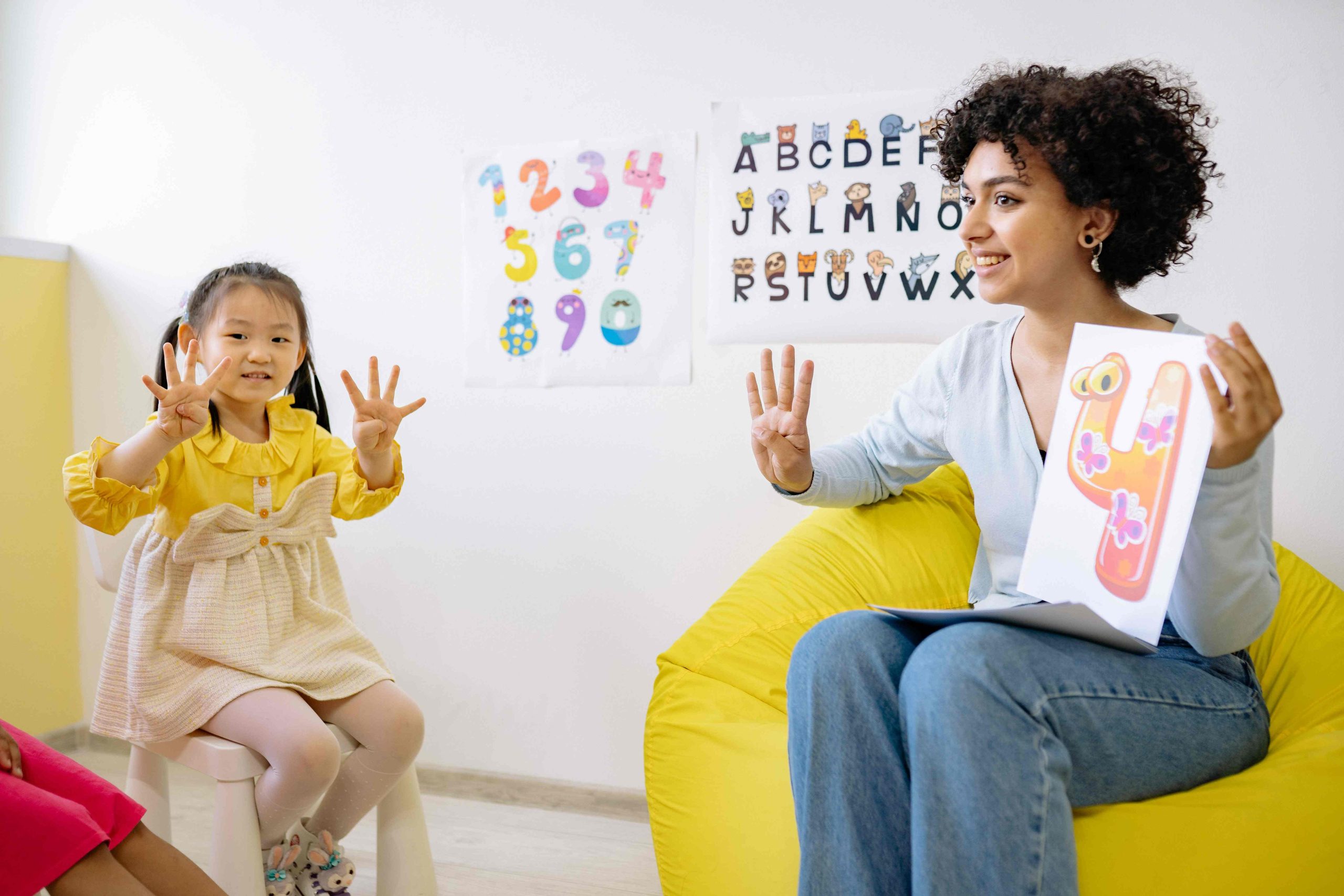
Counting in Preschool Math Class: Building a Strong Foundation for Future Learning
Mathematics is an essential part of our lives, and its importance cannot be overstated. It is a subject that has applications in every aspect of our daily lives, from cooking and shopping to building and designing. As such, it is vital to build a strong mathematical foundation from an early age. Preschool math class plays a critical role in laying the groundwork for future learning. In this article, we will explore the topics covered in a preschool math class, with a particular focus on counting.
The Importance of Preschool Math Class
As stated earlier, mathematics is a crucial subject that impacts every area of our lives. In recent years, there has been growing recognition of the importance of early math education. According to a report by the National Council of Teachers of Mathematics (NCTM), “Early mathematics learning is critically important for young preschooler’s success, not just in mathematics but throughout their academic careers and into adulthood” (NCTM, 2018). Mathematics instruction in preschool is essential because it helps preschoolers develop important skills that will serve as the foundation for future learning. These skills include critical thinking, problem-solving, reasoning, and analytical skills. Furthermore, early math education promotes cognitive development, enhances spatial awareness, and improves memory and concentration skills.
Topics Covered in Preschool Math Class
Preschool math class covers a range of topics that are designed to develop a strong mathematical foundation in preschoolers. These topics include counting, numbers and numeracy, geometry, measurement, patterns, and problem-solving. Counting is one of the most fundamental concepts taught in preschool math class. It is the foundation upon which all other mathematical concepts are built. Preschoolers learn to count by rote, which means reciting numbers in sequence. They also learn to count objects and match numbers to a quantity. Counting helps preschoolers develop number sense, which is the ability to understand the relationship between numbers and quantities.
Teaching Counting in Preschool Math Class
Teaching counting in preschool math class requires a combination of techniques that engage preschoolers in fun and interactive ways. Teachers use hands-on activities, games, songs, and stories to teach counting. Some of the strategies used to teach counting include:
Preschool math class is essential for building a strong mathematical foundation in preschoolers. Counting is one of the most fundamental concepts taught in preschool math class. Teachers use a range of techniques, including hands-on activities, songs, and games, to teach counting in a fun and engaging way. By mastering counting, preschoolers develop number sense, which is critical for future learning. Preschool math class sets the stage for future mathematical success and helps preschoolers develop the skills they need to succeed academically and beyond.
Common Challenges in Teaching Counting to Preschoolers
While counting is a fundamental concept in preschool math class, it is not always easy to teach. Preschoolers have different learning styles, and they may struggle to grasp counting concepts due to various factors. Here are some common challenges teachers may face when teaching counting to preschoolers and how to overcome them:
The Benefits of Learning to Count in Preschool Math Class
Learning to count in preschool math class has numerous benefits for preschoolers. Some of the benefits include:
Fun Counting Activities for Preschool Math Class
Counting doesn’t have to be boring. In fact, there are many fun activities that teachers can incorporate into preschool math class to make counting more engaging and exciting for preschoolers. Here are some fun counting activities for preschool math class:
Common Misconceptions about Teaching Counting to Preschoolers
There are some common misconceptions about teaching counting to preschoolers that can hinder their learning. Here are some of the misconceptions and the truths behind them:
Counting is a fundamental concept taught in preschool math class that serves as the foundation for future learning. Preschoolers learn to count through a combination of techniques that engage them in fun. Teaching counting to preschoolers is an important aspect of preschool math class. Teachers can use a variety of techniques such as visual aids, games, and songs to make counting fun and engaging for preschoolers. Parents can also play a vital role in reinforcing counting skills at home. With the right support and practice, preschoolers can master counting and build a strong foundation for future math learning.


